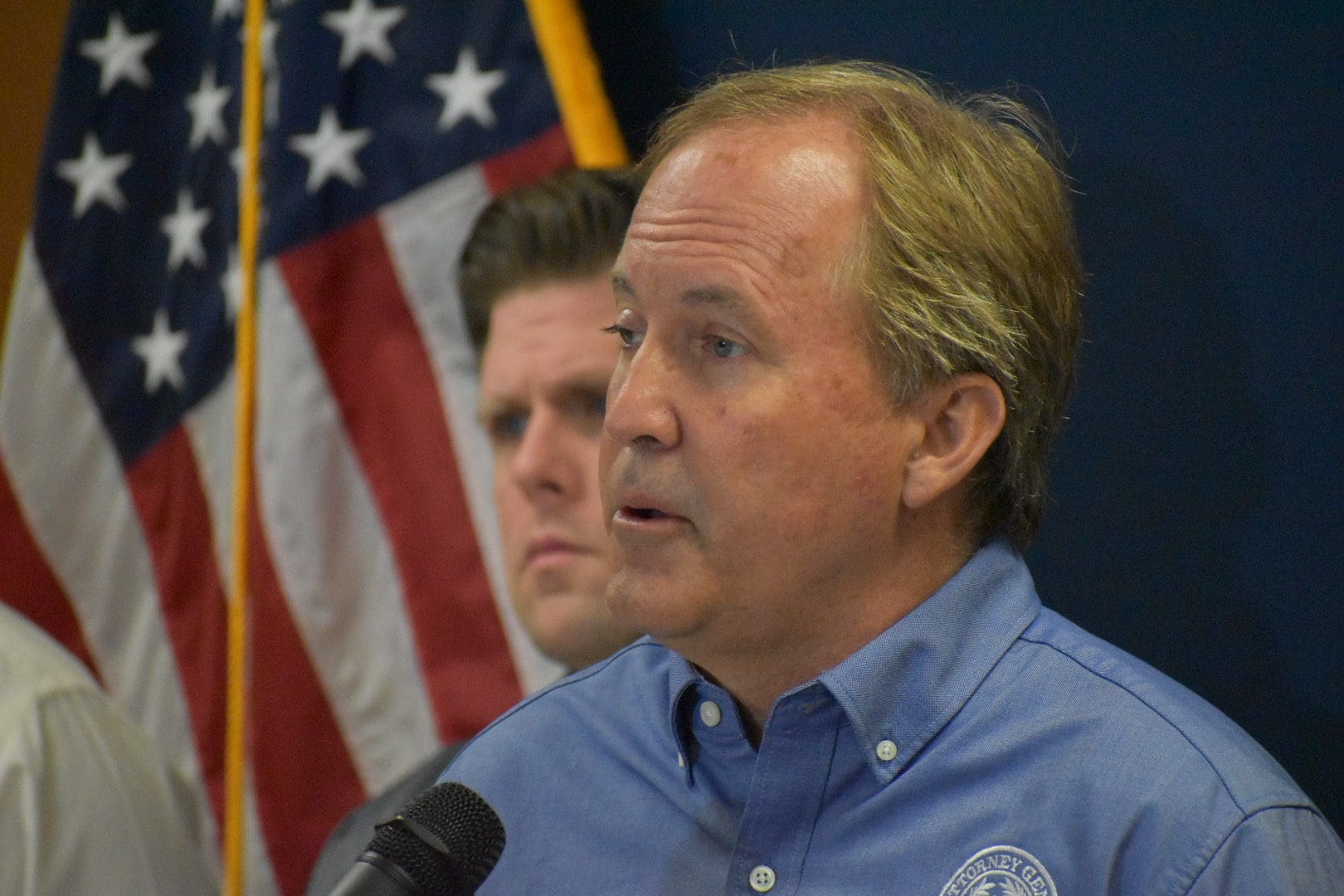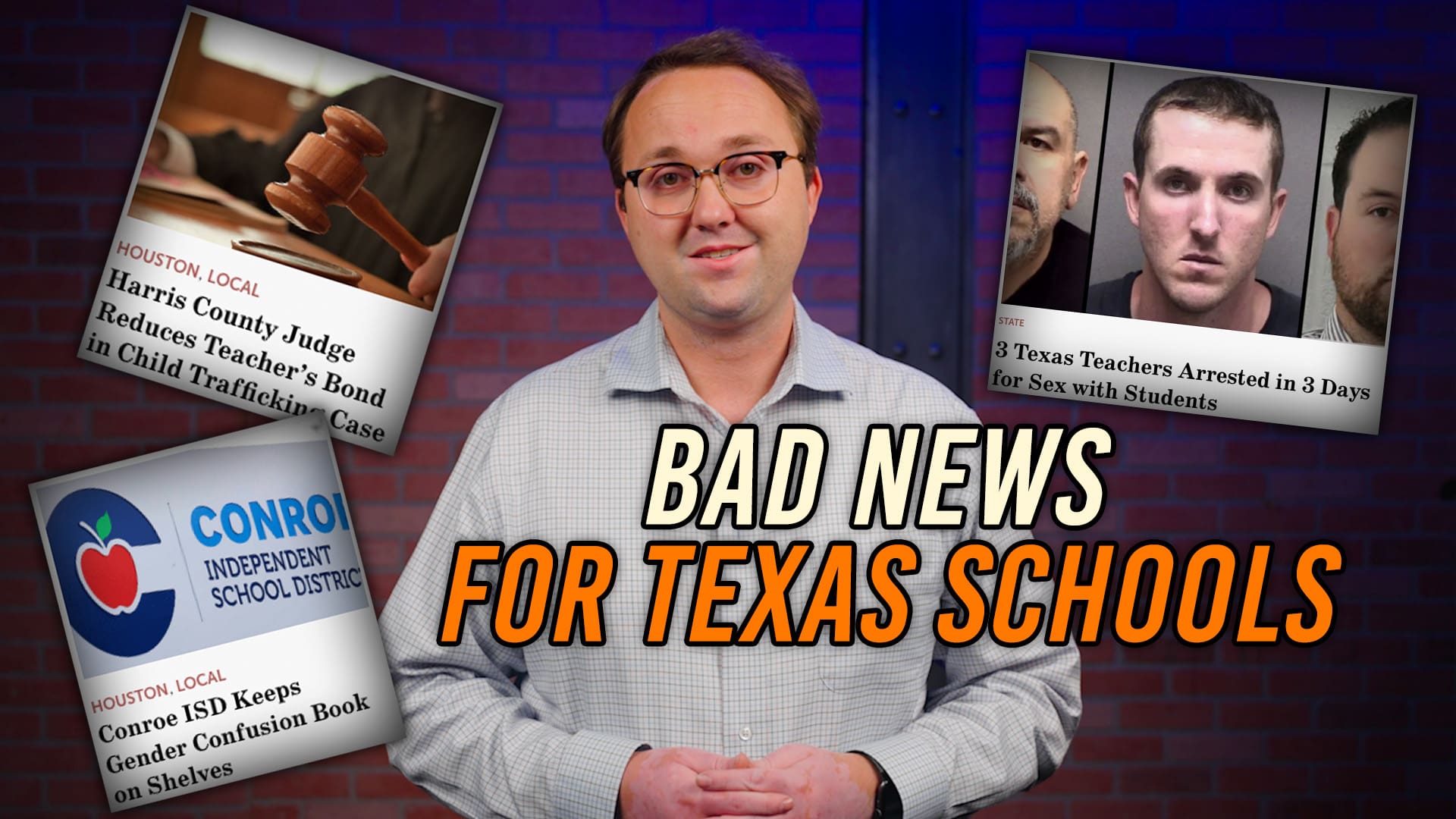While several pieces of Republican priority legislation have been delayed due to lawsuits, 774 new laws went into effect in Texas on Friday.
At the top of the list is House Bill 1—the state’s budget. The $321.1 billion biennial budget represents the largest increase in state spending in history.
But while some of the money is allocated towards property tax relief (around $18 billion), the state is also spending big on corporate welfare.
House Bill 5, which author State Rep. Todd Hunter (R–Corpus Christi) calls the “Texas Jobs, Energy, Technology, and Innovation Act,” creates a new statewide economic incentive program to replace the state’s controversial Chapter 313 program, which ended after lawmakers declined to renew it during the 2021 legislative session.
Notably, both the Republican Party of Texas and the Democrat Party of Texas oppose corporate handouts in their platforms.
“Though the new program purports to have safeguards to provide for additional transparency and accountability, it still ultimately allows the government to pick winners over losers, providing a property tax abatement to qualifying companies and merely shifting the tax burden to individual property taxpayers who are afforded no such abatements,” said Jeramy Kitchen, executive director of Texans for Fiscal Responsibility.
The new program, combined with several other handouts, is expected to cost taxpayers over $10 billion.
Most of the state’s new laws—ranging from making hairstyles a protected class to decriminalizing walking on the wrong side of the road—are unlikely to be challenged.
Still other laws set to go into effect have been making their way through legal challenges.
House Bill 2127, also known as the Texas Regulatory Consistency Act, attempts to provide consistency by returning sovereign regulatory powers to the state in light of the patchwork of local regulations in place across Texas. It works by declaring local ordinances that are inconsistent with state law invalid.
That law was challenged by several major cities, including Houston and San Antonio. Earlier this week, a district judge declared the law unconstitutional.
Because the judge did not enjoin enforcement of the law, and the Office of the Attorney General immediately appealed the decision, the law will still go into effect as it makes its way potentially to the Texas Supreme Court.
Senate Bill 14, which bans child gender mutilation procedures, is also set to take effect after the Texas Supreme Court lifted a Travis County judge’s temporary injunction of the law earlier this week.
Other Republican priorities have been held up and will not go into effect immediately.
On August 31, the eve of the new laws’ effective date, three laws were halted by lower courts:
– House Bill 900, which aims to prohibit inappropriate material from being distributed to children in school libraries.
– Senate Bill 12, which prohibits sexually explicit performances targeting children.
– House Bill 1181, which requires age verification for pornographic websites.
All three are expected to be appealed by the Office of the Attorney General in the coming days.





